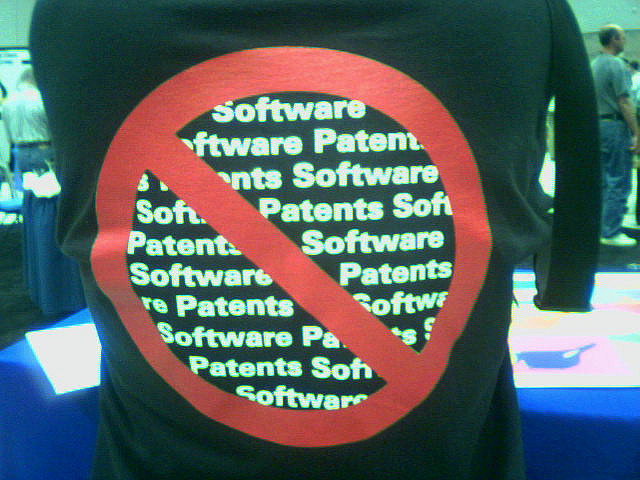
"Once you reach a certain size, you become more of a target," Alan Schoenbaum told us in a recent interview. Schoenbaum is the general counsel of Rackspace, which achieved $1 billion in revenue for the first time last year. He said that patent litigation against the San Antonio company has "accelerated over the last two years."
In addition to facing its own lawsuits, Rackspace is increasingly seeing its clients sued as well. Last month, for example, a patent troll sued the source control company Github. The troll also named Rackspace in its lawsuit, apparently believing that merely hosting Github's servers is sufficient to make Rackspace liable for Github's alleged infringement. "No company is safe from patent trolls," Schoenbaum told us.
Such attacks have driven Rackspace to become an active participant in the patent reform debate. "We really just got our policy stuff going recently," he said. While the company hasn't yet hired a full-time policy staff, policy issues consume a growing share of Rackspace lawyers' time. And the firm has begun to retain lobbying firms to help it advocate patent reform in Washington.
"We'd love to get rid of software patents altogether," Schoenbaum told us. He cited Red Hat, which he described as "a very important supplier to Rackspace," as a major influence on Rackspace's views on patent reform. Red Hat and Rackspace regularly appear in court together defending the Linux kernel against attacks by patent holders. "Philosophically we're aligned" on patent issues, Schoenbaum said. Both companies, he said, are "concerned about the open source community."
But Schoenbaum doubts abolition of software patents is a realistic option. So his firm also supports more modest reforms to the system. For example, Schoenbaum endorses the SHIELD Act, a bill introduced by Rep. Peter DeFazio that would force unsuccessful patent trolls to cover defendants' legal bills.
"The patent troll doesn't have a lot to lose other than the lawyer's time and expense," Schoenbaum noted. "The idea behind the SHIELD Act is to level the playing field so the plaintiff has economic risk."
Schoenbaum expressed frustration with recent reform efforts in Congress, especially last year's America Invents Act. That legislation, he said, "did not contain many of the ideas that were directed at reducing patent troll litigation." For example, Rackspace supports limiting damages for patent infringement and streamlining the litigation process. But Schoenbaum said a coalition of universities, pharmaceutical companies, and plaintiffs' lawyers defeated reform proposals despite the support of the technology industry.
He described patent reform as "a matter of competitiveness. These are issues that our competitors don't face. They don't have patent trolls like we do in Europe."
Rackspace is relatively rare in its open opposition to patents on software. Many large firms have called for vaguely-defined patent reforms, but most only endorse more modest reform proposals such as the SHIELD Act. Until recently, Red Hat was virtually alone among large technology companies in explicitly advocating abolition, not just reform, of patents on software. Now, the fast-growing hosting company promises to be a key ally in the free software movement's fight against software patents.
reader comments
44